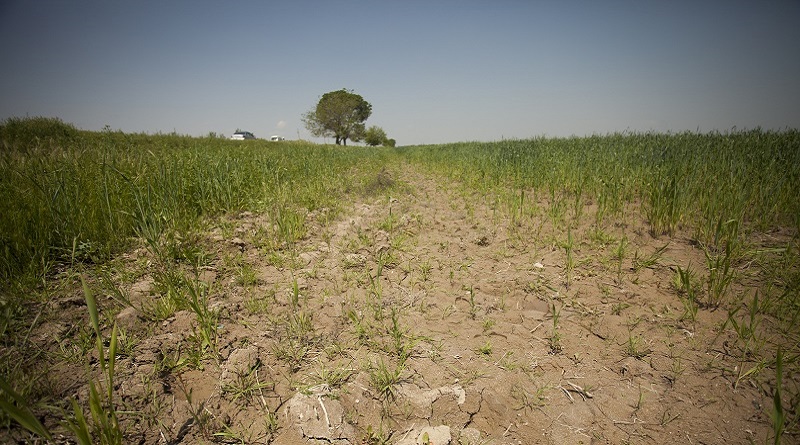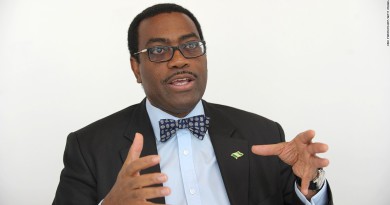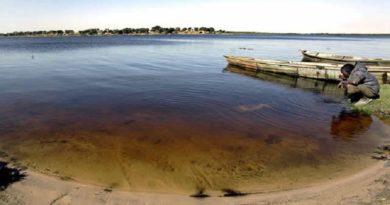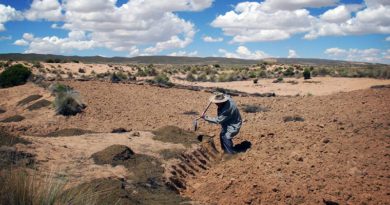Bonn Challenge crosses 150m hectare milestone
The Bonn Challenge on Wednesday May 10, 2017 crossed the 150 million hectare milestone with pledges from Pakistan, Bangladesh, Mongolia and Sri Lanka.
The Bonn Challenge is a global effort to bring 150 million hectares of degraded and deforested land into restoration by 2020 and 350 million by 2030. The 2020 target was launched at a high level event in Bonn in 2011 organised by the Government of Germany and International Union for Conservation of Nature (IUCN), and was later endorsed and extended to 2030 by the New York Declaration on Forests of the 2014 UN Climate Summit.
To date, 44 governments, private associations and companies have pledged over 150 million hectares to the Challenge.
The Bonn Challenge is an implementation vehicle for national priorities such as water and food security and rural development while simultaneously helping countries contribute to the achievement of international climate change, biodiversity and land degradation commitments.
The restoration of 150 million hectares of degraded and deforested lands in biomes around the world – in line with the forest landscape restoration (FLR) approach – will create approximately US$ 84 billion per year in net benefits that could bring direct additional income opportunities for rural communities. About 90% of this value is potentially tradable, meaning that it encompasses market-related benefits. Achieving the 350 million hectare goal will generate about US$ 170 billion per year in net benefits from watershed protection, improved crop yields and forest products, and could sequester up to 1.7 gigatonnes of carbon dioxide equivalent annually.
Members of the Global Partnership on Forest Landscape Restoration (GPFLR) are not only building global political support for restoration but also providing policy and technical support to the definition and implementation of Bonn Challenge commitments in countries around the world. This includes IUCN through its Forest Landscape Restoration Regional Hubs in Kigali, Yaoundé, Bangkok, San Jose, Quito, Suva and Washington DC.
Multi-country programmes such as The Restoration Initiative (TRI), supported by the Global Environment Facility and led by IUCN in partnership with UNEP and FAO, are also catalysing implementation and providing models for collaboration.
A growing suite of “home grown” high-level processes is emerging in support of the Bonn Challenge, driven by the political will of countries and regional institutions. These include the Latin American Ministerial Regional Meetings in El Salvador in August 2015 and Panama in August 2016 with a third session in June 2017 in Honduras, followed by Guatemala in 2018 and Cuba in 2019; the East, Central and West African Ministerial Meeting in Kigali in July 2016; and the Asia Pacific Regional Ministerial Meeting in May 2017. The Kigali Declaration is a reflection of and catalyst for high level Pan-African leadership on restoration action.
Regional collaboration platforms such as AFR100 in Africa, 20×20 in Latin America, and international initiatives such as the the FAO FLR Mechanism and CBD Forest Ecosystem Restoration Initiative also contribute to and support the Bonn Challenge.




